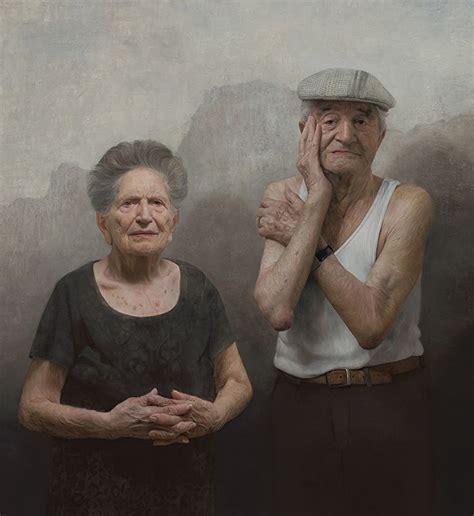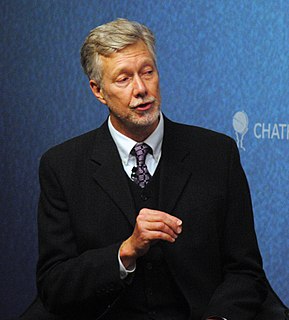A Quote by Hanya Yanagihara
Photography is always a kind of stealing. A theft from the subject. Artists are assaulters in a lot of ways, and the viewer is complicit in that assault.
Related Quotes
I want my paintings to give the viewer a true sense of reality - that includes but is not limited to depth, scale and a tactile surface as well as the real sense of what the subject looks like and is feeling at the time that I painted them. There should be a discourse between the viewer and the subject, to feel as though they are in a way connected. My goal is not to set a narrative but rather to have the viewer bring their own experiences to the painting and the subject as they would if they had seen the subject on the street in real life.
In a lot of ways, L.A. has always been kind of colonized or marginalized by New York. It still goes on to this day, but I would add that it really feeds New York because it provides artists for that system. This is really a laboratory where they grow the seeds and they go there and blossom because there's still not a lot of support in L.A. for artists.
The artists always reflect the times, so there's a lot to think about, a lot of unknowns, a lot of things that are describable. This is the closest I've seen to the kind of ambience that made the '60s happen. It's not about the artist having a responsibility to do anything. They have to be artists and express themselves and everything will work out fine.
Photography has arrived at the point where it is capable of liberating painting from all literature, from the anecdote, and even from the subject. In any case, a certain aspect of the subject now belongs to the domain of photography. So shouldn't painters profit from their newly acquired liberty, and make use of it to do other things?
I always feel that a viewer has an expectation about every moment of the film and where it's going, so if I act against that, I've created a twist. In fact, it becomes a kind of game with the expectations of the viewer. This is the superficial appearance. In the layer beneath, there is a hidden theme.
The traditional difficulty of balancing the mechanical with the imaginative schools of photography still operates. In schools of photography meaningful art education is often lacking and on the strength of their technical ability alone students, deprived of a richer artistic training, are sent forth inculcated with the belief that they are creative photographers and artists. It is yet a fact that today, as in the past, the most inspiring and provocative works in photography come as much (and probably more) from those who are in the first place artists.






































